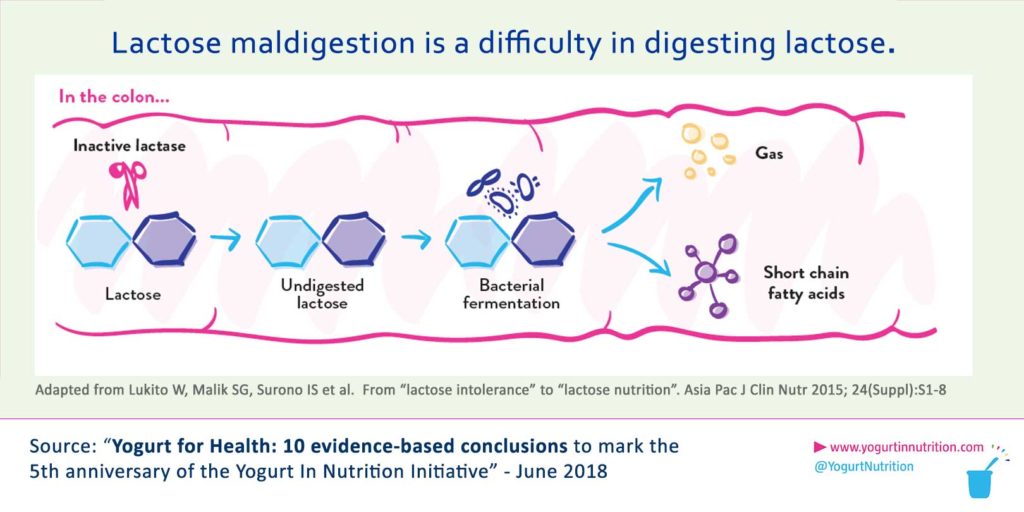

And we’ve actually talked with patients like that in our newsletter in the past. And you may be seeing a false positive test. What this means if you’re a patient being treated for SIBO or if you’re a doctor treating a patient for SIBO is that if someone tests positive with lactulose, you treat them, their symptoms improve, but their labs don’t, there’s a probability that that person may not be a good person to use lactulose with. But we have to counterbalance that with the fact that false positives occur. Now, the merit to the lactulose test is that because it travels all the way through the small intestine, it gives you a good indication of what’s happening at the end of the small intestine where small intestinal bacterial overgrowth may be more common. And this has been consistently shown in many of the studies that the lactulose seems to produce what’s called false positives. However, if for some reason, that lactulose makes its way through the small intestine too quickly and gets into the large intestine during the time period when we think it should be in the small intestine, that will give us a false positive elevation of gas. But when it gets into the large intestine, the gas level should elevate. Now, as that lactulose is traveling through the small intestine, the gas reading that we see as a byproduct of that should be low. The reason for this is because lactulose makes its way all the way through the small intestine and then into the large intestine. So they’re positive for the test, but they’re falsely positive. Lactulose produces what’s called false positives, meaning the tests show SIBO, but the person doesn’t actually have SIBO. And there’s something to be aware of with lactulose that I think is very important. Now, lactulose is kind of the favored test right now, you could say, in the SIBO community. “Small intestinal bacterial overgrowth or SIBO may underlie many cases of IBS.” Healthcare providers looking to sharpen their clinical skills, check out the Future of Functional Medicine Review Clinical Newsletter.Get your personalized plan for optimizing your gut health with my new book.Get help using this information to become healthier.And small intestinal bacterial overgrowth or SIBO may underlie many cases of IBS. And if you’re not familiar with small intestinal bacterial overgrowth, or SIBO for short, this may be responsible for many of the symptoms of IBS - gas, bloating, abdominal pain, altered bowel frequency (meaning constipation or diarrhea). Let’s discuss which one you should you get?ĭr. The best test for SIBO is a breath test, but there are two different types of breath tests. Small intestinal bacterial overgrowth (SIBO) can cause many IBS symptoms like gas, bloating, diarrhea, constipation and abdominal pain.


 0 kommentar(er)
0 kommentar(er)
